I have family in Perth, Australia which is a long way to go when you depart from Atlanta. On previous visits I travelled via Los Angeles and then Sydney or Melbourne to Perth. I had never been to Bangkok and decided to include Bangkok en route which meant Atlanta to Tokyo to Bangkok to Singapore to Perth. A longer travel time but an opportunity to explore Bangkok and Thailand en route. I abandoned plans to spend a week in Thailand because the protests which started in December seemed unending and so I truncated the visit to a few days in Bangkok and departed the day before the protests gathered momentum and shut down the city center. My visit to both countries was during the first two weeks of January 2014 and following are some observations.
Australia was named the gold country last year and for good reason. It has a treasure trove of minerals, which it is mining and selling to China, and mining revenues have made it financially strong and financed the development of its infrastructure. Some negatives are that its strong dollar has hampered other exports, and made it an expensive place for tourists and for local manufacturing. Ford is ceasing car manufacture as is Holden, and other big employers are looking for government handouts.
An anomaly for me is the cost of a cup of coffee. This must be a cultural thing – the only coffee you can buy for consumption comes out of a espresso machine and is variously styled cappucino, espresso, latte or flat white and costs at least A$4. Drip coffee in a carafe is non existent though I vaguely recall I spotted and nabbed a cup in an out of the way gas station several years ago. The coastline is beautiful
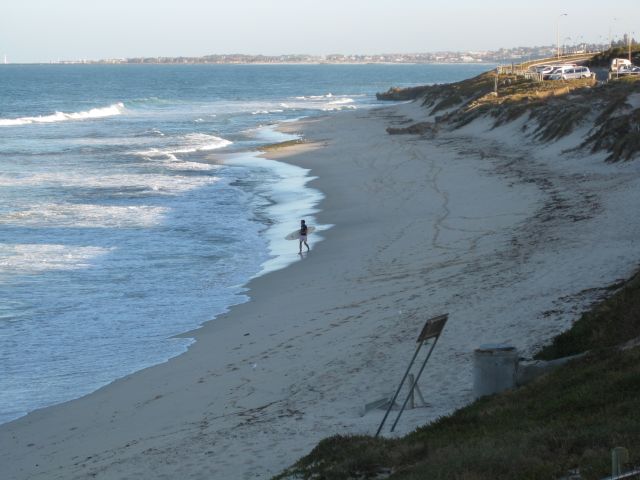
and I approve the practice of keeping the shore and adjacent land open to the public with the nearest private residences on the other side of the coastal road.
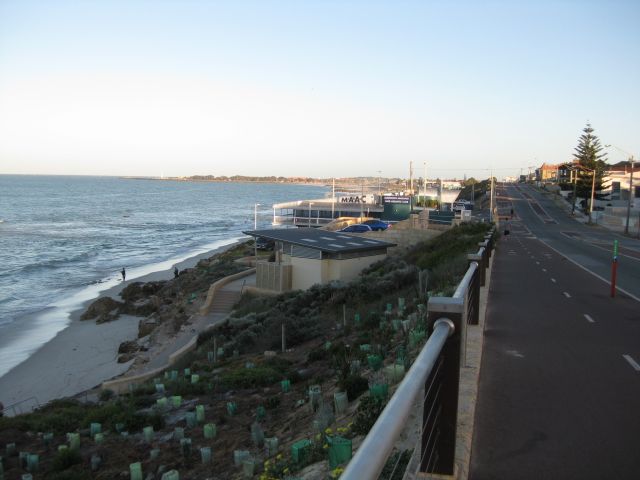
They have a practice of “cutting down the tall poppies” which can manifest itself in locating government funded housing adjacent to expensive suburbs – I am no populist but an occasional dose of reality is healthy for turbocharged egos. Finally, before I leave the golden shores, a thought on what I think, but no one I spoke to accepted, is the biggest problem facing Australia. And it is not the drought or the fires or the unwanted immigrants. It is the escalating problem in the South China sea where Japan and South Korea and other small countries are confronting a rising giant. And at some point in the next few years Australia will have to decide whether to continue its fence sitting policy which does not incur the giant’s wrath, or join with the smaller countries and incur the anger and economic retaliation from its biggest customer.
En route to Bangkok a 4 hour stopover at Changi Singapore, which must be the nicest airport in the world for a stopover. I am not referring to the stores nor the m&m store which beckons the sugar addict :
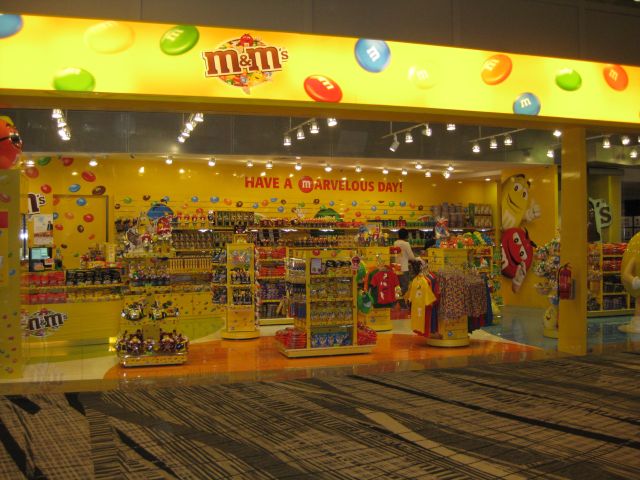
No, what sets Changi apart are the numerous quiet natural oases where you can escape the hustle and charge of an international airport.
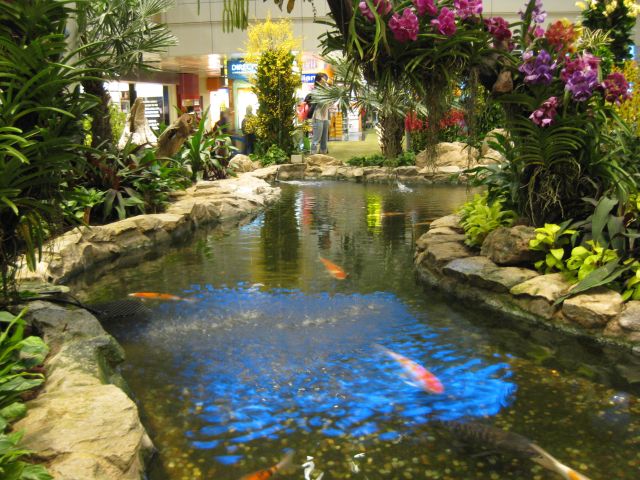
Bangkok is very cheap and the people are friendly and helpful. However the signs are indecipherable and English, when provided, is in smaller print and sparse. But not a problem and passers by will stop and help. I say it is cheap but that is if you buy as the locals do. If you wish to stay at an American brand hotel or have coffee at Starbucks the prices are similar to the United States. Although Bangkok has a big population exceeding 10 million and is notorious for major traffic congestion, it has excellent rail services with air conditioned coaches and it costs just a few dollars for example to get from the huge modern airport to the city center.
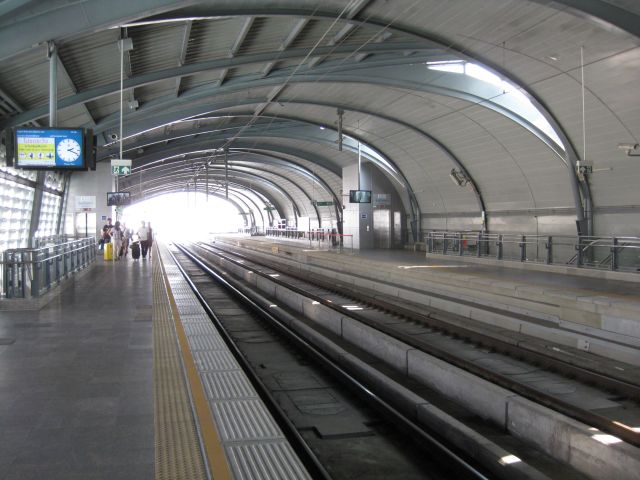
The only negative on arrival in Thailand and on departure is the immigration line – they really should staff more positions so that after a long flight in the delay is minimal.
I won’t describe the many temples visited,
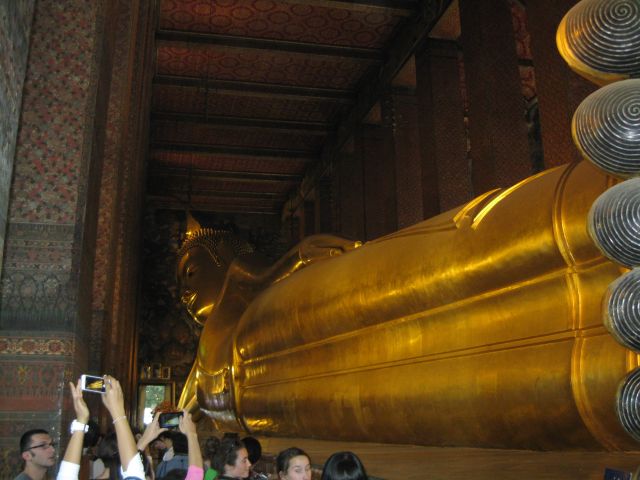
the excitement and convenience of the river ferries,
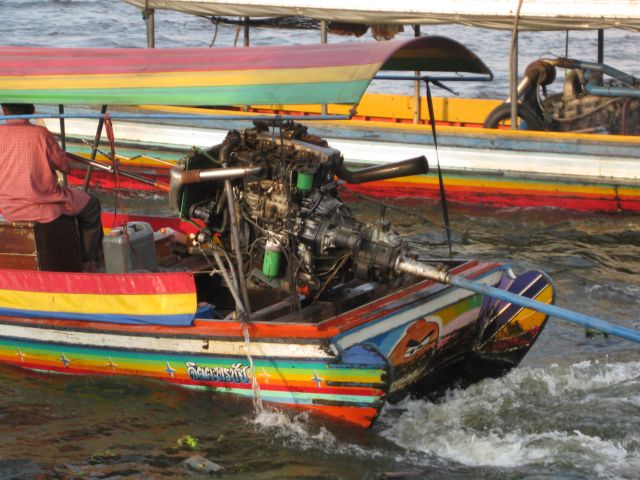
or my first experience eating a durian fruit which smells absolutely awful, tastes ok and is banned from the railways.
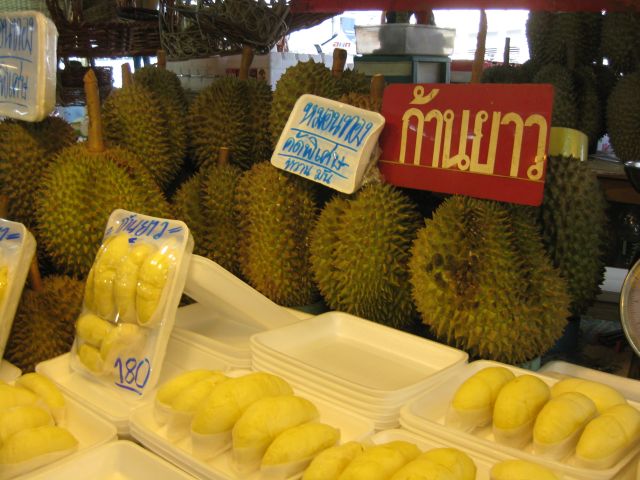
The interesting item for me is the protests. Usually the downtrodden are protesting against the power, influence and wealth of the upper classes. Here it is the other way round – the middle and wealthy classes are protesting against the government which has been in power for about 10 years voted in by elections which were fairly held. So here is democracy and it is working and yet there are ongoing wrenching protests. The prime minister offered to hold new elections in February and this threw the protesters into a tizzy – they don’t want elections – they want to select an unelected committee to run the country. Their complaint it seems is that the government bought the vote of the poor rural majority by providing gifts such as free universal health care. (There were some reports that the wealthy were funding the protesters, so what’s new). We think democracy is a goal to which all countries should strive and we have even tried to help countries like Iraq get there, though without much success. Perhaps democracy is not the universal gold standard, and perhaps capitalism our other western accomplishment, does not have the legs for an unremitting slugfest with a centrally controlled country such as China.

small correction: the South China sea dispute involves China, Philippines, and Vietnam
the East China sea dispute is primarily China and Japan, with South Korea also claiming certain disputed areas.
These are two separate disputes; Japan/South Korea have no claims in the South China sea.